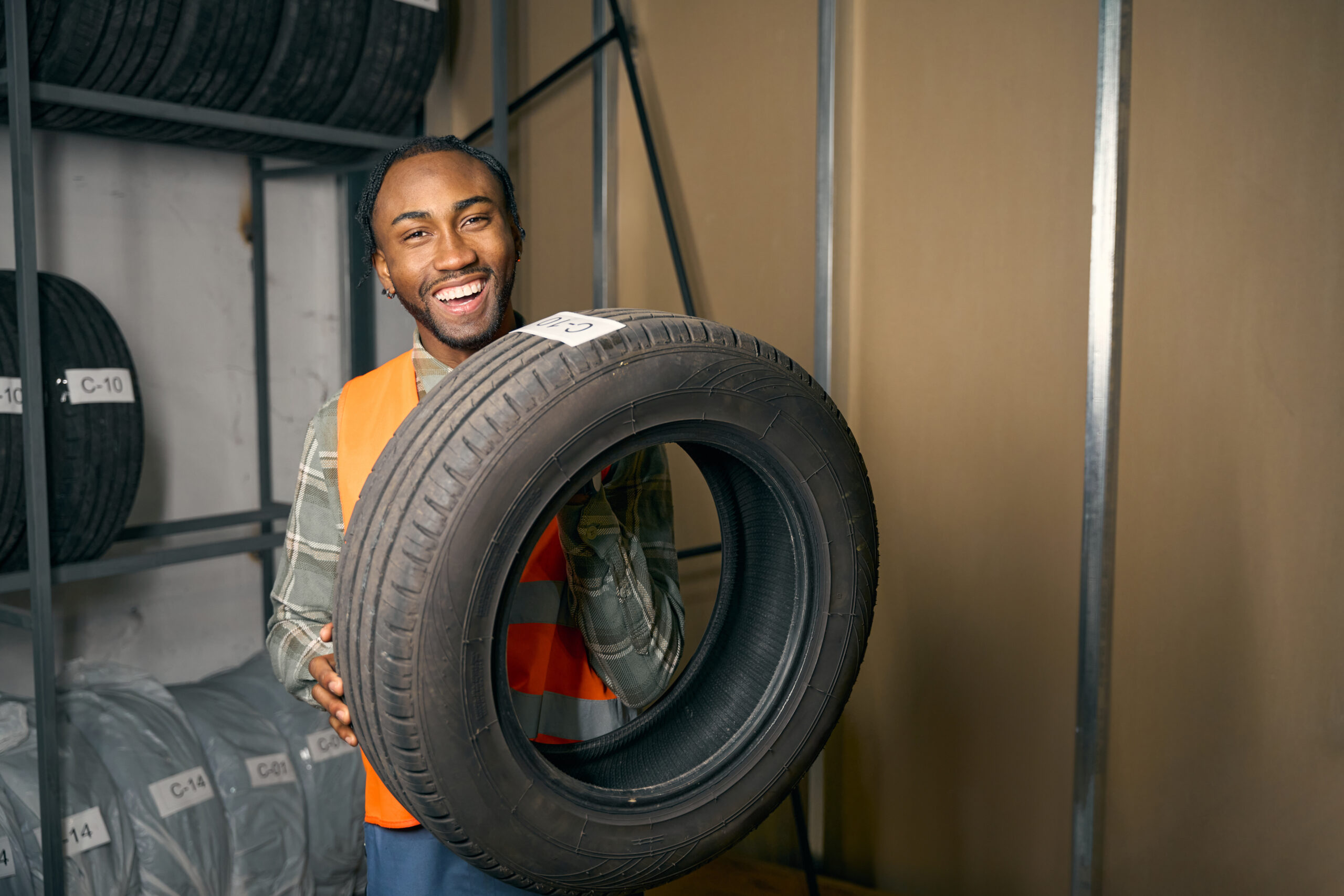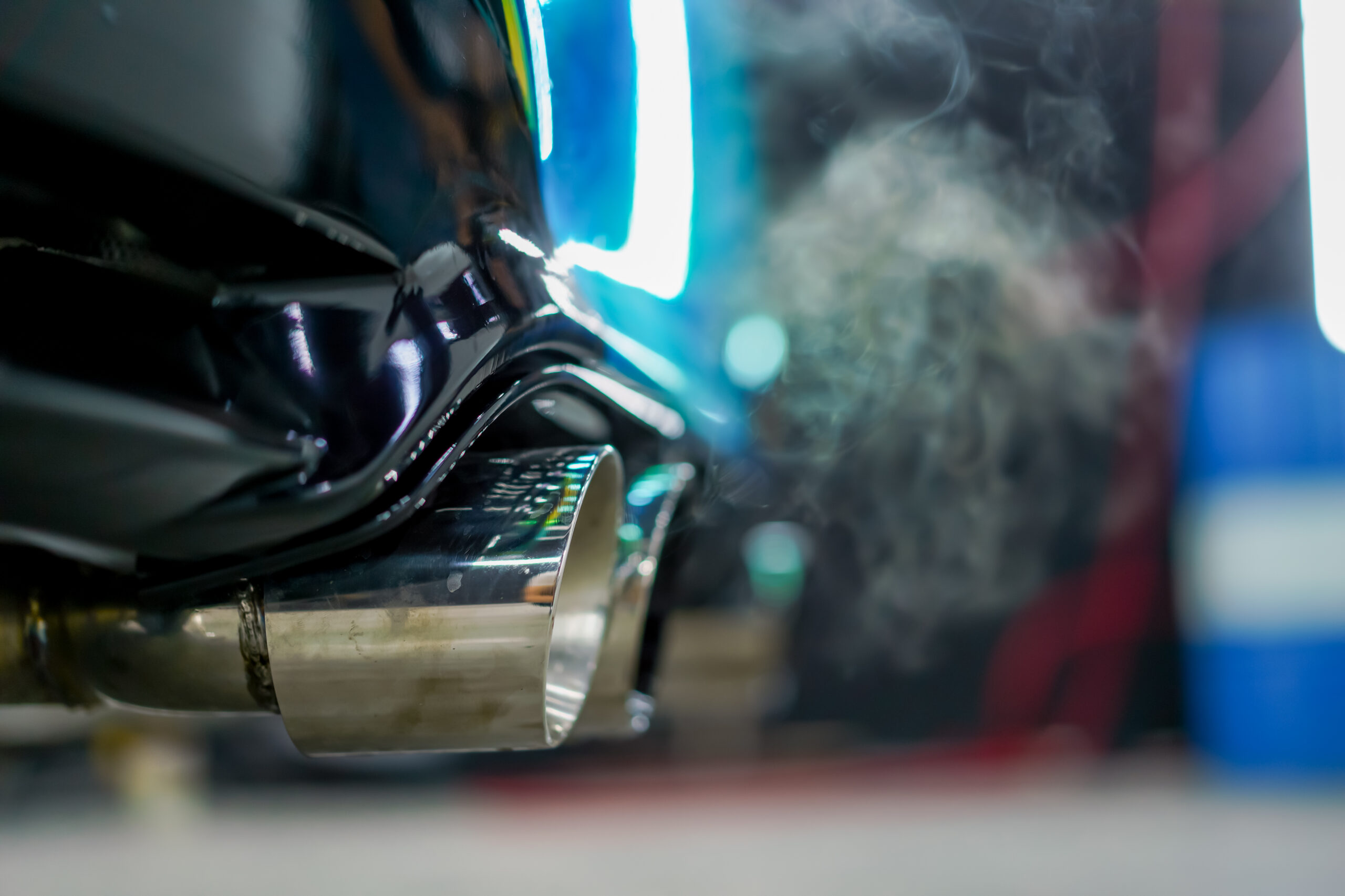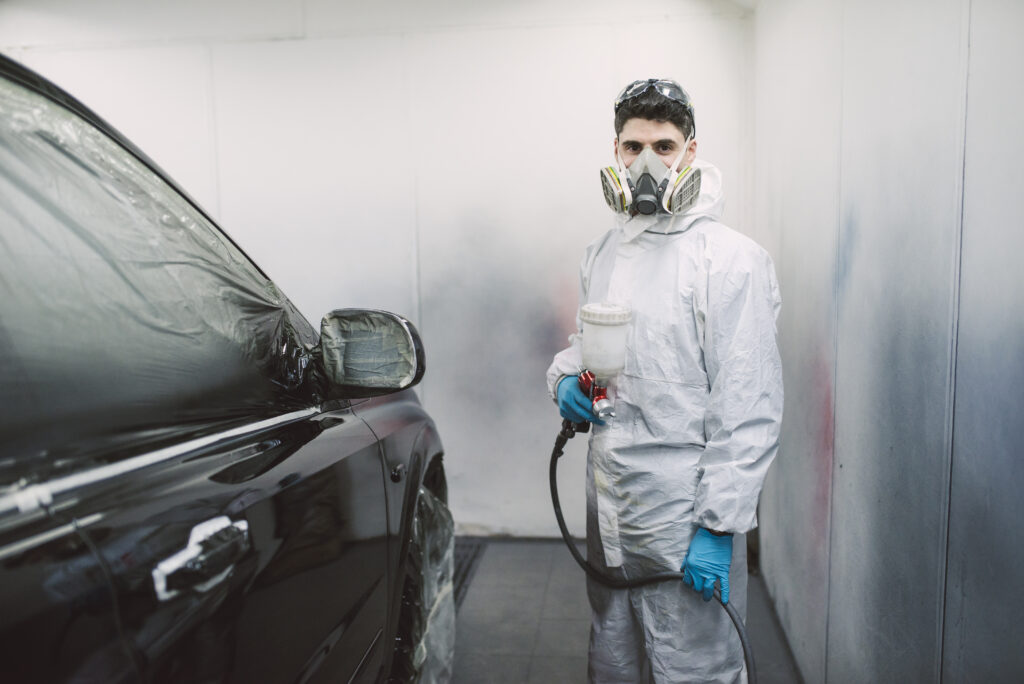Front-end collisions are among the most dangerous and damaging types of car accidents. The impact of a front-end crash can cause significant damage to various parts of a vehicle, ranging from cosmetic issues to severe mechanical and structural problems. There is plenty to go over about what gets damaged in a front end collision. Understanding the potential damage can help car owners address issues promptly, ensuring the safety and roadworthiness of their vehicle. This article delves into the types of damage that can occur in a front-end collision, covering everything from body damage to internal mechanical failures.
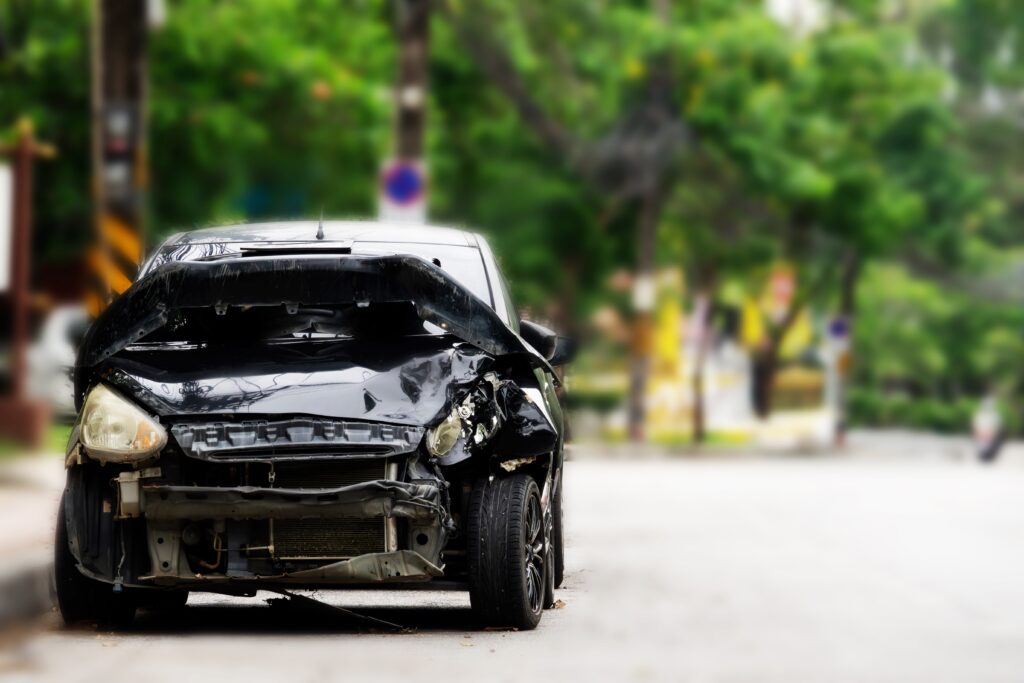
Body and Frame Damage
Bumper and Hood Damage
The bumper and hood are the first points of contact in a front-end collision. The bumper is designed to absorb impact, but in severe collisions, it can be crushed, cracked, or completely dislodged. The hood, which covers the engine compartment, can become bent, dented, or misaligned, making it difficult to open or close properly. These damages often require bodywork or complete replacement.
Frame Damage
The frame of the vehicle is its structural backbone. In a front-end collision, the frame can be bent or twisted, compromising the overall structural integrity of the car. Frame damage is serious and requires professional attention. Signs of frame damage include misaligned body panels, uneven gaps between panels, and difficulty in opening or closing doors.
Fenders and Grille
The fenders and grille are also vulnerable in front-end collisions. Fenders can become dented or bent, and the grille, which protects the radiator and allows air flow into the engine compartment, can be cracked or broken. Repairing or replacing these components is often necessary to restore the vehicle’s appearance and function.
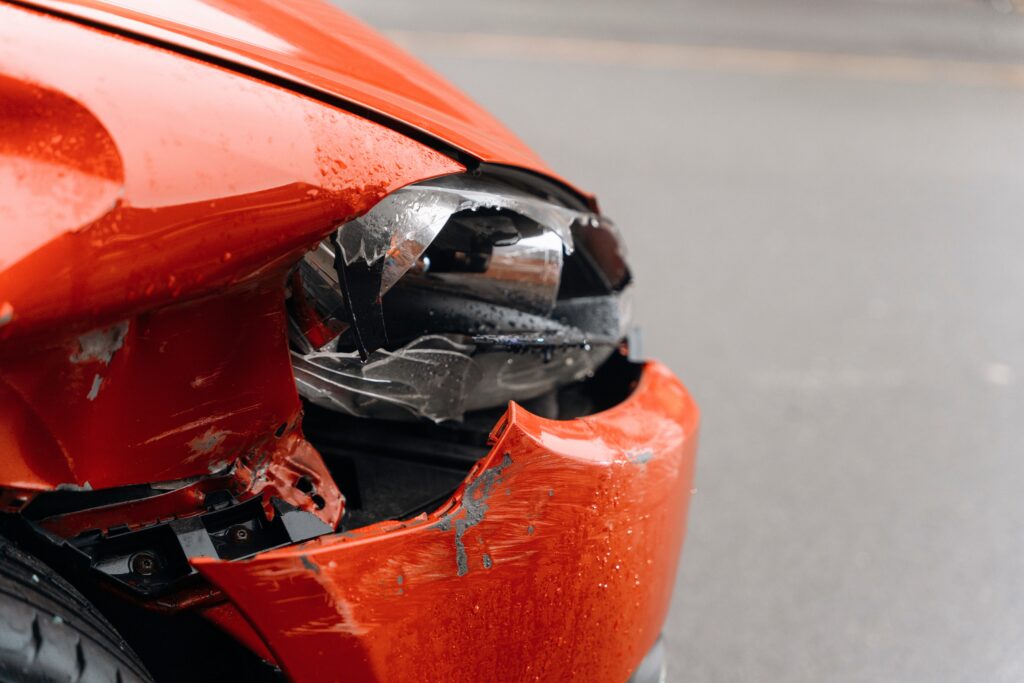
Mechanical and Engine Damage
Engine and Transmission
The engine is one of the most critical components of a vehicle, and it is particularly vulnerable in a front-end collision. The impact can cause significant damage to the engine, including cracks in the engine block, damage to the cooling system, and displacement of engine components. The transmission, which is connected to the engine, can also be affected. Transmission damage can lead to fluid leaks, misalignment, and even complete transmission failure.
Cooling System
The cooling system, which includes the radiator, coolant hoses, and fans, is located at the front of the vehicle and is highly susceptible to damage in a front-end collision. A damaged radiator can lead to coolant leaks, overheating, and engine damage. Cooling system repairs are essential to prevent further engine issues and maintain the vehicle’s performance.
Suspension and Steering System
The suspension and steering systems are crucial for vehicle control and handling. In a front-end collision, these systems can suffer significant damage. The impact can bend or break suspension components such as control arms, struts, and shock absorbers. The steering system, including the steering rack and tie rods, can also be damaged, leading to alignment issues and difficulty steering the vehicle.
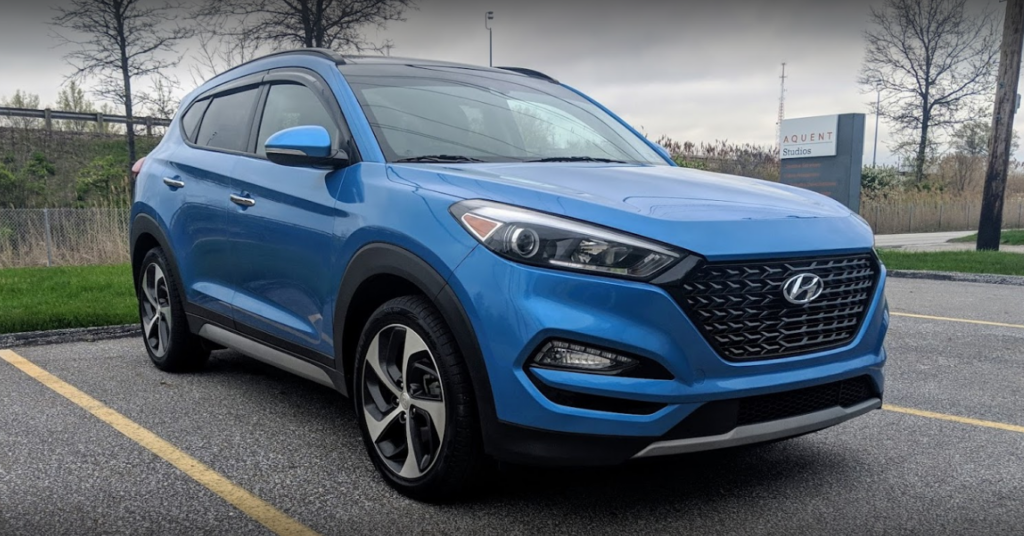
Electrical System Damage
Headlights and Electrical Wiring
The headlights are often damaged in front-end collisions. Broken or misaligned headlights can impair visibility and pose a safety risk. Additionally, the electrical wiring that powers the headlights and other front-end components can be severed or damaged. Electrical system repairs may include replacing damaged wires, connectors, and lighting components. Electrical systems are a high concerned about what gets damaged in a front end collision.
Battery and Fuse Box
The battery and fuse box are typically located near the front of the vehicle. In a collision, the battery can be jolted, causing disconnections or leaks. The fuse box, which houses essential electrical fuses, can also be damaged, leading to electrical issues throughout the vehicle. Ensuring that the battery and electrical system are functioning correctly is vital for the overall operation of the car.
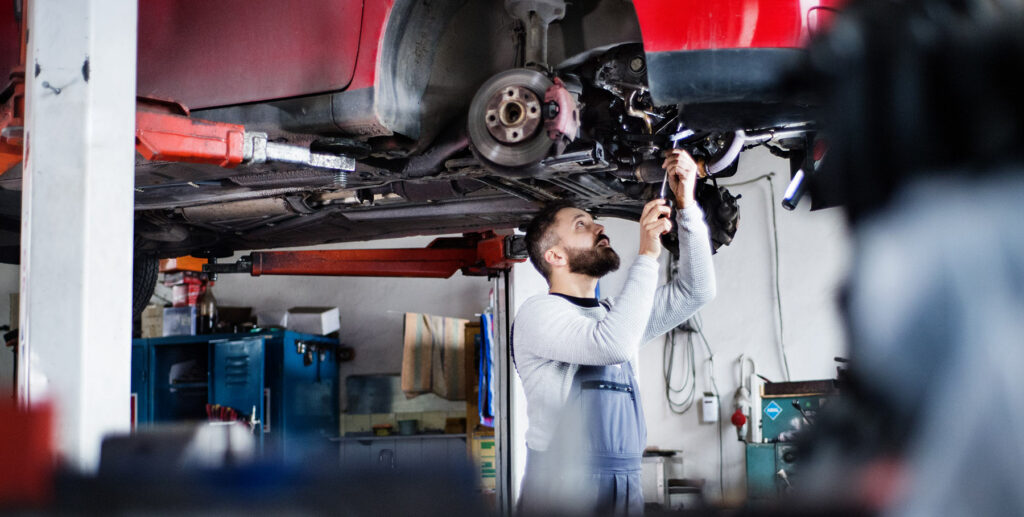
Safety System Damage
Airbag Deployment
Front-end collisions often result in airbag deployment. While airbags are crucial for occupant safety, deploying airbags can cause additional damage to the dashboard, steering wheel, and interior components. Replacing deployed airbags and repairing the related interior damage can be costly but is necessary for ensuring the vehicle’s safety systems are fully operational.
Seatbelts
Seatbelts are designed to lock and restrain occupants during a collision. After a front-end crash, the seatbelt mechanisms may need to be inspected and potentially replaced if they’ve been triggered or damaged. Ensuring that seatbelts are functioning correctly is vital for occupant safety in future driving.
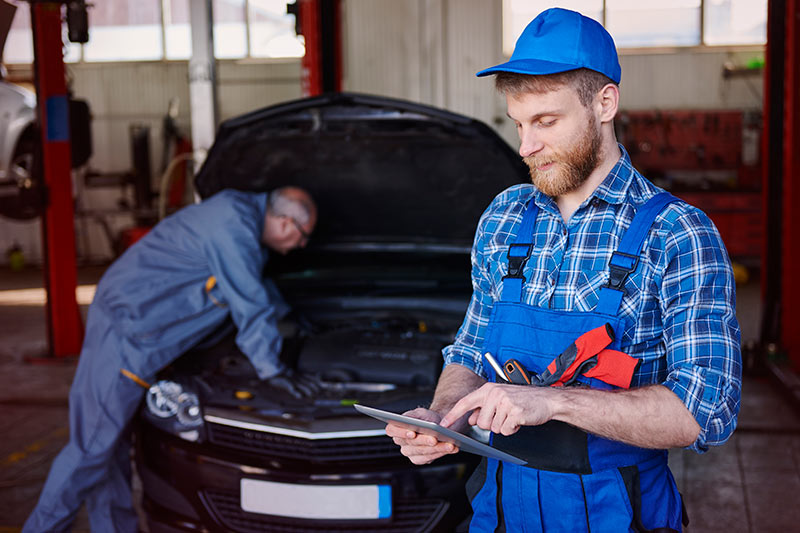
Glass and Windshield Damage
Windshield
The windshield is particularly vulnerable in front-end collisions. The force of the impact can cause the windshield to crack or shatter. Even small cracks can compromise the structural integrity of the windshield, affecting visibility and safety. Replacing a damaged windshield is essential for maintaining clear visibility and protecting occupants from external elements. Glass can be one of the most dangerous when it comes to what gets damaged in a front end collision.
Windows and Mirrors
Windows and mirrors can also be damaged in front-end collisions. Side windows can crack or shatter, and mirrors can be broken or misaligned. Replacing or repairing damaged glass and mirrors is important for ensuring proper visibility and safety while driving.
Other Potential Issues
Fuel System Damage
In severe front-end collisions, the fuel system can be compromised. Damage to the fuel lines or fuel tank can lead to dangerous fuel leaks, increasing the risk of fire. Inspecting and repairing the fuel system is crucial for preventing potential hazards and ensuring the vehicle’s safety.
Brake System Damage
The brake system, including brake lines and components, can be affected by the force of a front-end collision. Damage to the brake system can lead to brake fluid leaks and reduced braking efficiency. Ensuring the brake system is fully functional is critical for maintaining the vehicle’s safety and performance.

The Importance of a Professional Inspection
Given the range of potential damage from a front-end collision, it’s crucial to have your vehicle inspected by professionals, even if the damage appears minor. Hidden issues, such as frame damage or internal mechanical problems, may not be immediately visible but can compromise the safety and functionality of your car. A comprehensive inspection can identify and address all damage, ensuring that your vehicle is fully restored and safe to drive.
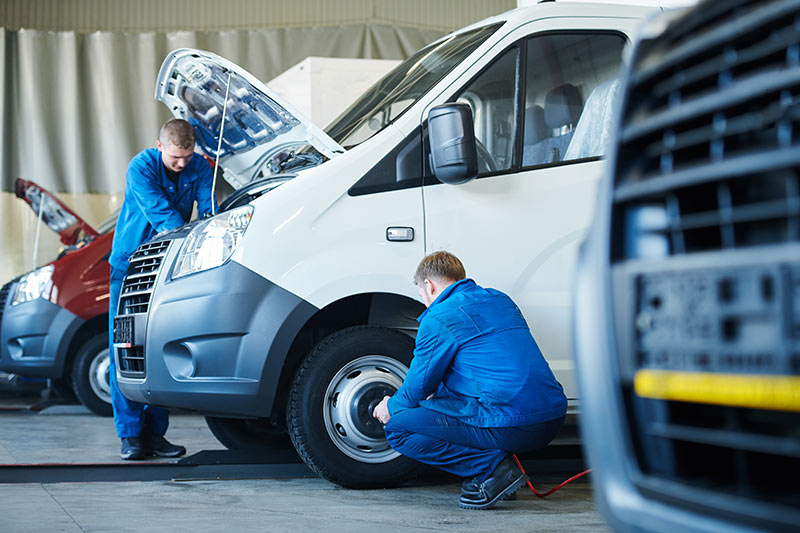
Repair Options and Considerations
Cosmetic Repairs
For minor cosmetic damage like scratches and dents, auto body shops can provide paintless dent repair or traditional bodywork to restore your car’s appearance. Repainting and refinishing may also be necessary to address paint damage. These repairs not only enhance the vehicle’s aesthetic appeal but also protect it from further deterioration.
Structural Repairs
Structural repairs are more complex and typically involve straightening the frame using specialized equipment. This ensures the vehicle’s integrity is restored, providing safety and stability. Skilled technicians use precise measurements and techniques to realign the frame, ensuring the car’s structure is sound.
Mechanical and Electrical Repairs
Mechanical issues, such as engine, transmission, or suspension damage, require expert attention. Qualified technicians will diagnose and repair or replace affected components. Electrical repairs may involve fixing or replacing wiring and lighting systems, ensuring all electrical components function correctly.
Safety System Repairs
If airbags or seatbelts were deployed or damaged, they need to be replaced and reset by professionals. Ensuring these systems are functioning correctly is vital for your safety in future driving. Repaired safety systems must meet strict standards to provide optimal protection in the event of another collision.
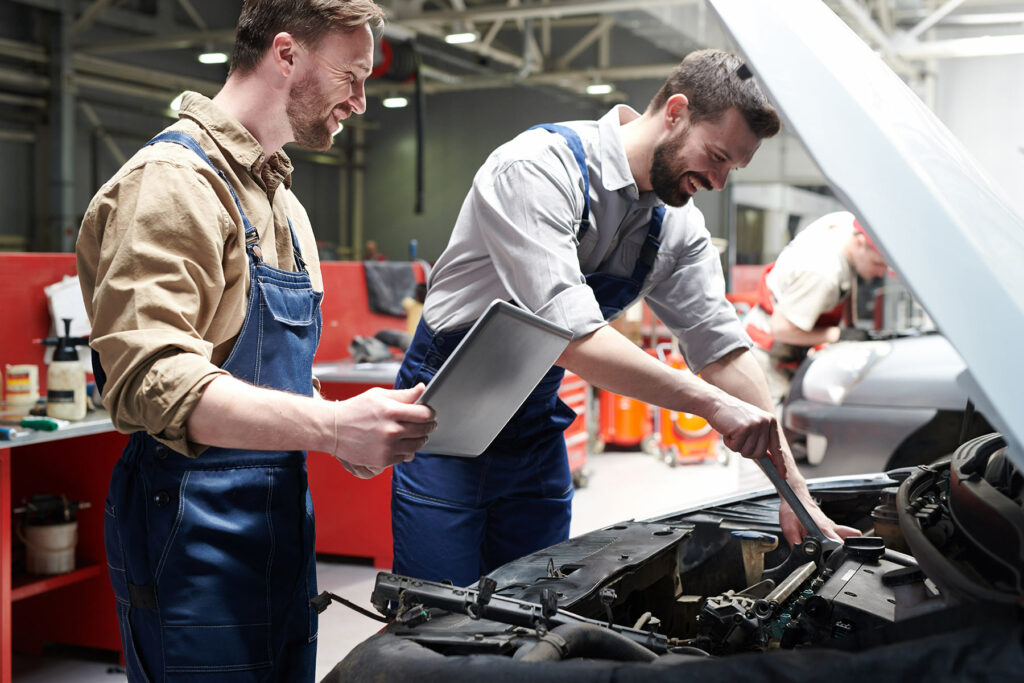
Conclusion
Front-end collisions can cause a wide array of damage to your vehicle, from cosmetic blemishes to serious structural and mechanical issues. Addressing these problems promptly and thoroughly is essential to maintaining your car’s safety, performance, and appearance. At Wickliffe Auto Body, we specialize in comprehensive collision repair services. Our experienced technicians are equipped to handle all types of damage resulting from front-end collisions. From cosmetic touch-ups to complex structural and mechanical repairs, we ensure your vehicle is restored to its pre-accident condition.
If you’ve been involved in a front-end collision, don’t wait to have your car inspected and repaired. Contact Wickliffe Auto Body today for expert service you can trust. Our commitment to quality and customer satisfaction makes us the preferred choice for auto body repairs in Wickliffe, Ohio, and the surrounding Cleveland area. Let us help you get back on the road safely and confidently. We hope this helps you understand what gets damaged in a front end collision.
